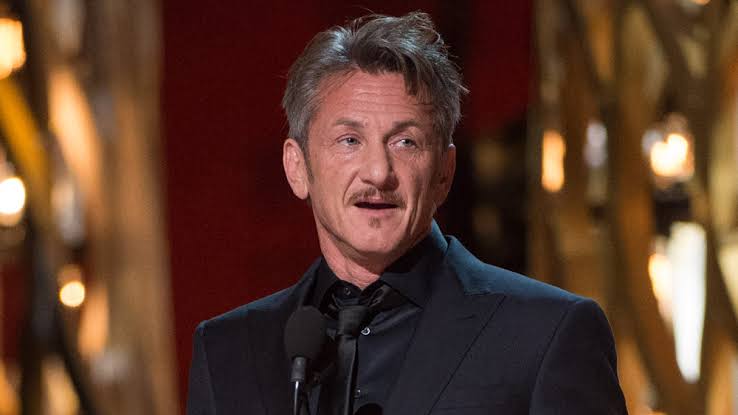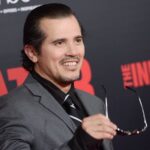Sean Penn — long a lightning rod in Hollywood for his volatile mix of bravado, activism and blockbuster-worthy performances — is staking a new claim: that the last decade and a half saw him coast, dodge accountability and make choices he now intends to correct. The declaration comes in a widely circulated interview episode this week and arrives as Penn promotes a high-profile film role that many see as part of an intentional comeback.
On the New York Times podcast episode headlined “Sean Penn Let Himself Get Away With Things for 15 Years. Not Anymore,” hosts discussed with Penn how that period affected his work, relationships and public persona. The conversation sketches a familiar arc for the actor: early-career turbulence, peak acclaim for movies such as Mystic River and Milk, and then a long stretch in which Penn says he allowed his personal life and impulses to crowd out discipline and craft. In the episode, Penn frames the present as a “renaissance” of purpose rather than an act of damage control.
That framing dovetails with Penn’s current publicity round for One Battle After Another, Paul Thomas Anderson’s much-discussed fall release, in which Penn plays a memorable supporting antagonist. In recent interviews tied to the film, Penn has been unusually candid about his creative choices, his periods of dissatisfaction on set, and why he believes this moment matters for both his career and personal life. Commentators note the optics: a stellar role, a reflective interview, and a deliberate effort to re-center his public narrative.
What does “letting himself get away with things” mean in practice? Penn’s own descriptions are partly personal — admitting stretches of unhappiness and poor judgment — and partly professional, acknowledging that he sometimes avoided the hard work that made his best performances possible. Previous reporting and archived interviews have long documented a streak of impulsive behavior and intense activism that complicated his reputation; this week’s interview reads as an attempt to name that history and point toward change.
The reaction has been mixed. Longtime admirers see the interview as a welcome, honest reckoning — an artist confronting flaws and returning to form. Critics, meanwhile, warn against treating a single media moment as a full account of responsibility. For many observers, accountability requires sustained change and specific reckonings beyond personal reflection: different audiences will be watching to see whether Penn’s words translate into altered behavior over time.
Penn’s pivot also highlights a broader pattern in celebrity culture: the way aging stars try to convert vulnerability and behind-the-scenes messiness into a narrative of renewal. When an actor as respected — and as contentious — as Penn signals a course correction, studios, publicists and cultural critics all try to read whether the move is authentic, strategic or both. In this case, the pairing of candid interviews with an acclaimed new film gives the moment momentum, for better or worse.
For now, Penn’s statement is a public first act, not the final chapter. If his intention is serious, the coming months and years will show whether the “15-year” ledger is closed — and whether Penn’s renewed focus yields the creative and personal steadiness he promises. In the meantime, the conversation has reignited interest in one of Hollywood’s most combustible talents: a performer who, after decades of extremes, appears determined to try a different script.










